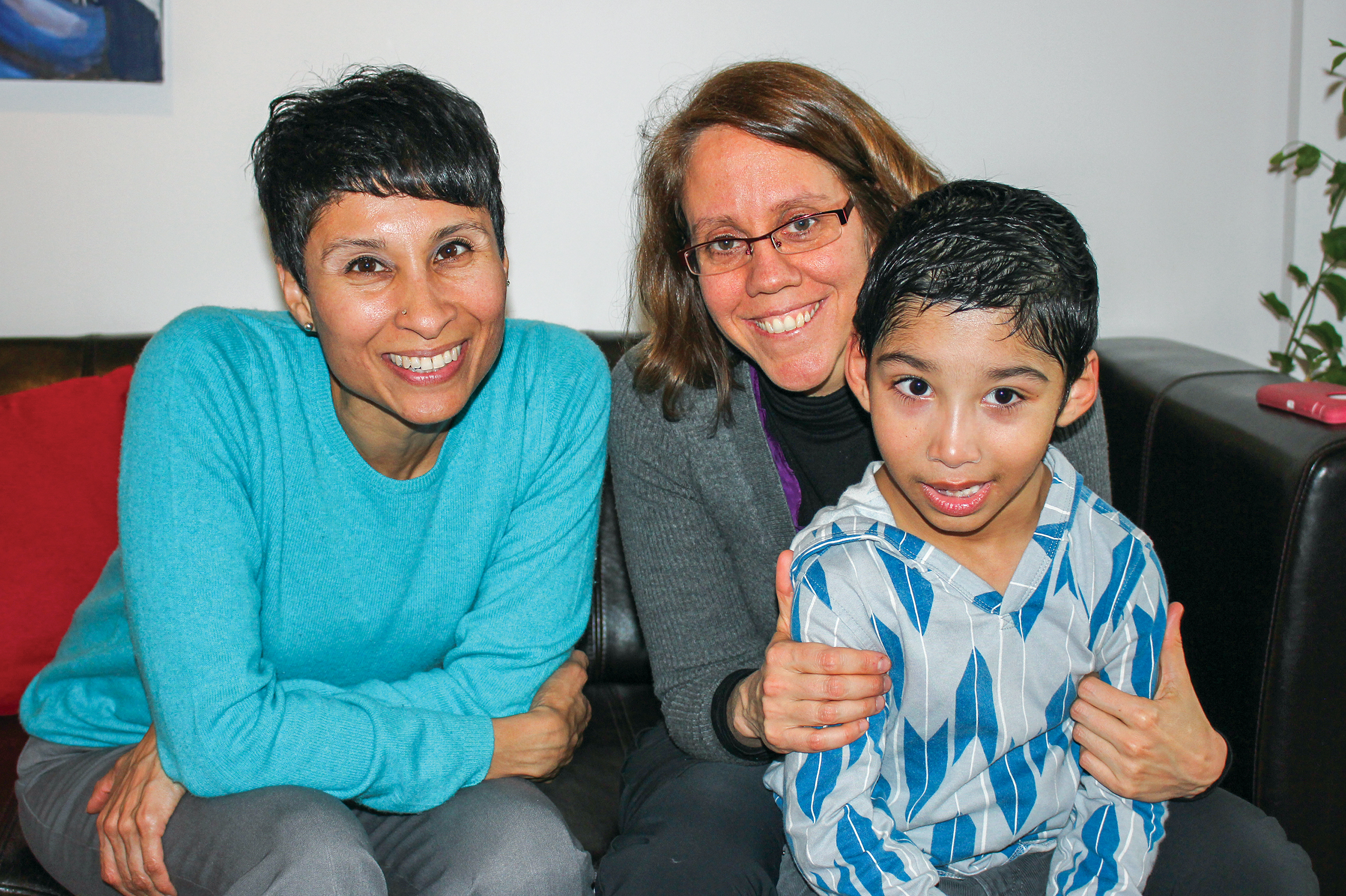Case extends beyond joint custody according to profs, both recognized as parents
Two University of Ottawa law professors have become the first women in Canada to co-parent a child outside of a romantic relationship.
In an interview with the Fulcrum on March 31, Natasha Bakht and Lynda Collins said that it all began when Bakht opted to conceive a child in 2009 using donor sperm, and Collins, her long-time best friend, chose to be her “birth coach.”
“In terms of the lived reality of our family, we already had been a family for years,” said Collins.
According to both women, Collins often attended parent-teacher meetings and doctor appointments for Bakht’s son, Elaan, while still not officially being recognized as a legal guardian.
“(Collins) was acting as a parent for (Elaan), and we just wanted law to catch up with life,” said Bakht.
The two women decided to go through the Children’s Law Reform Act, which allows anyone to apply to a court and self-declare to be the parent of a child.
By the time they took their case to court in 2015, Bakht and Collins’ case was a first: two platonic friends choosing to co-parent a child in Canada.
To win their case, Bakht and Collins had to provide documentation proving that Collins would be a suitable and qualified parent to Elaan. This is particularly important because Elaan was born with a severe form of cerebral palsy that means he requires constant care.
“We got the declaration within a matter of months” continued Collins. “The only reason it took us so long to gather all those affidavits was it was a rough couple of years—Elaan was in and out of hospitals.”
Bakht explained that the challenge was not over getting Collins joint custody, but over making her the legal parent of Bakht’s son.
According to Bakht, joint custody refers to a grandparent or an aunt, which can easily be granted by the court, but “to be declared a parent in this context is special.”
“It’s a lifelong relationship that can’t be undone,” continued Collins.
What this means for the family is that if Collins were to write a will, Elaan would be eligible as her next-of-kin, whereas the situation would be much different for someone who has joint custody.
Bakht also believes that winning this case provides her with a sense of security since, if anything happens to her, “there is another parent there who’s going to take care of (Elaan).”
According to the two women, they “expected a small story to come out,” but instead they have received “so much interest,” and hope to share their story with the general public.
Being a family law professor, Bakht hopes that other people can learn from their unique arrangement.
In terms of their own families’ reaction to winning their case, Bakht said, “we have been very fortunate that people have been incredibly positive.”
To these long-time best friends, they were already a family to begin with—winning this recent court case was just a simple formality.





